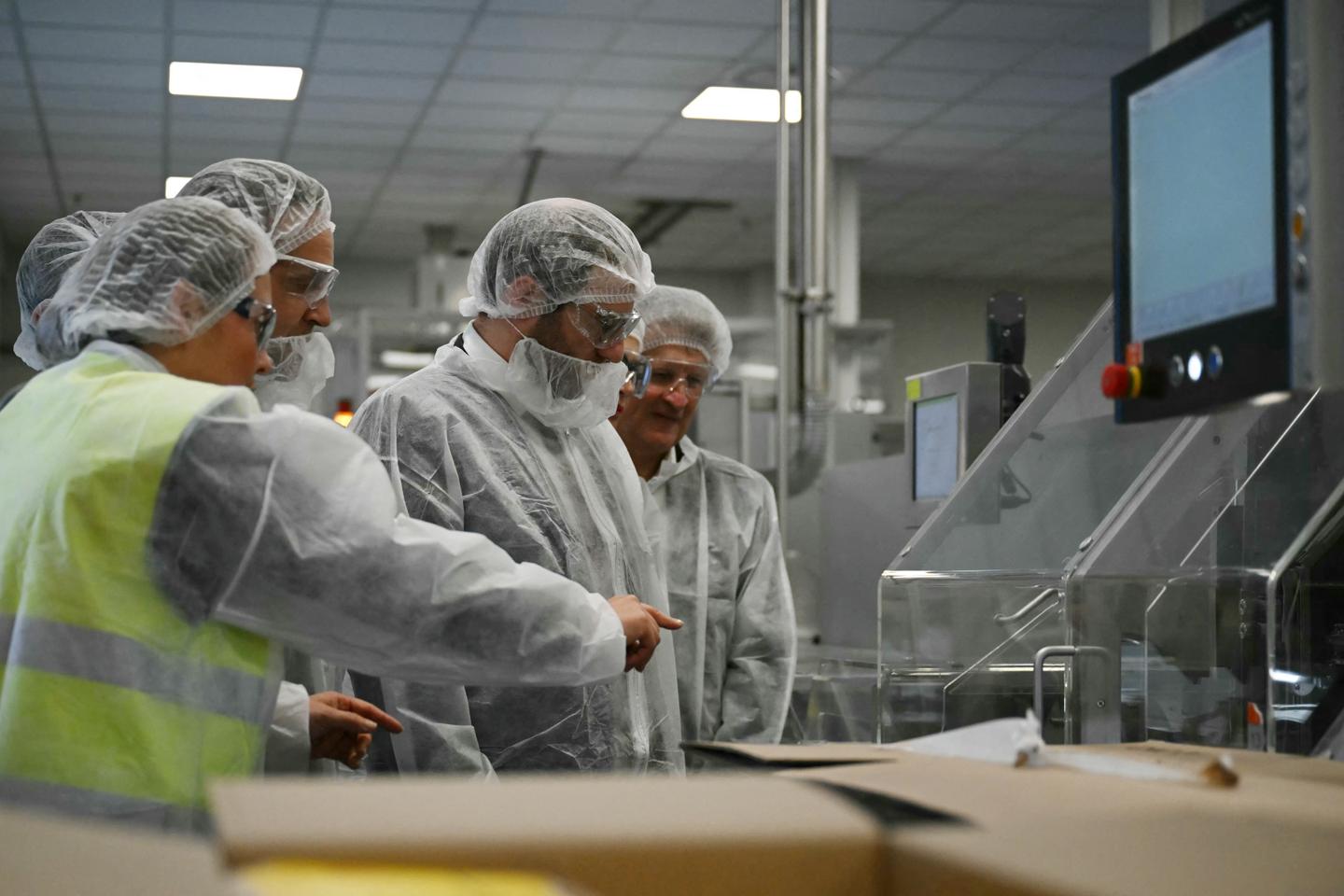


Could France one day run out of Doliprane, the beloved paracetamol painkiller currently produced in Lisieux, Normandy, and Compiègne, north of Paris? While this is uncertain, the very fact that the question exists – four years after the Covid-19 crisis exposed France's health vulnerability – explains the very uncomfortable position the French government has been in since Sanofi's announcement.
On Friday, October 11, the pharmaceutical giant announced its intention to sell 50% of Opella, its subsidiary specializing in over-the-counter products including Doliprane, to an American investment fund, CD&R. Socialist MPs immediately demanded that the government oppose the deal, in the name of French health sovereignty. At the production sites, unions worried about the future of the plants and its hundreds of jobs are organizing resistance.
To justify this sale, which could bring in more than €15 billion, the French pharmaceutical group is citing its aim to refocus on innovation and to position itself as a champion of immunology. This argument could be seen as a response to its failure to develop a vaccine against Covid-19 in time. However, the restructuring plans of recent years have tarnished Sanofi's reputation: despite being a major beneficiary of the research tax credit, the company is criticized for lacking in innovation and being driven only by financial motives. In fact, refocusing on patented treatments is bound to be more profitable than developing over-the-counter products.
First industrial crisis
The French president, meanwhile, is facing the consequences of his own promises. In the aftermath of the pandemic, he pledged to "strengthen France's health sovereignty" by accelerating the country's reindustrialization. At the time, not only were masks in short supply, but supplies of Doliprane were so tight that Macron decided to invest €40 million to bring back the initial stages of paracetamol production, the drug's active ingredient.
The newly appointed government, facing its first industrial crisis, is not completely helpless. It can negotiate an agreement between the French government, Sanofi and the buyer to preserve French production and jobs, though this may lack any long-term guarantees. It could also invest in Opella's capital, as suggested by the French economy minister on Tuesday. It could block the deal outright, but in the midst of a public finance crisis, the government must decide whether the stakes are high enough to risk sending such a signal to foreign investors.
The crisis surrounding the French people's favorite drug reveals the devastating gap between political promises and their implementation. The absence of a French or European bid that could outcompete the American offer underscores France's, and more generally the European Union's, current reality – a point recently recalled by former European Central Bank president Mario Draghi in his shock report. At this point, talk of sovereignty is more a matter of wishful thinking than concrete action.
